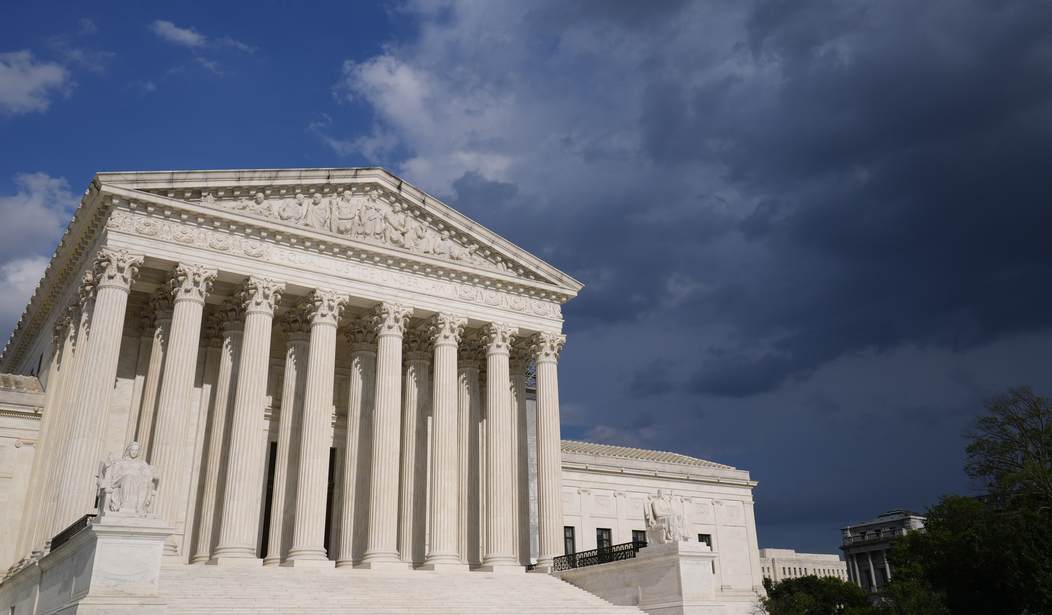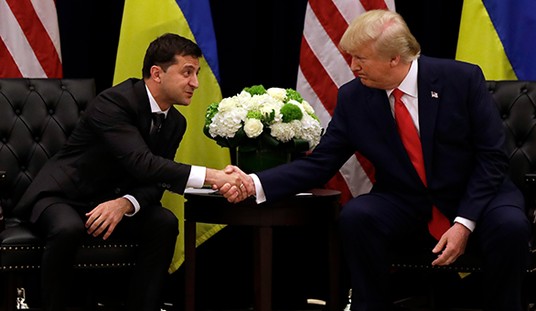At what point, legally speaking, is someone an adult?
One of the problems of our system is that it depends on what you're talking about, isn't it? If you're talking about voting, you're an adult at 18. For drinking, 21. And for guns, it depends on what kind of gun you want to buy and what state you're in, because it could be 18 or 21.
However, 21 is federal law for handguns and various long guns in a handful of states.
Yet, a challenge to the law made its way to the Supreme Court, which punted it back to the Third Circuit:
The Supreme Court on Tuesday overturned a lower court ruling from Pennsylvania that allowed residents under 21 to carry firearms in public, though the justices declined for now to hear arguments in the case themselves.
At issue was a state law that barred 18-to-20 years olds from open carrying firearms during declared states of emergencies. The court’s decision tosses a federal appeals court ruling that found the law violated the Second Amendment.
The Supreme Court did not explain its ruling and no dissents were noted.
Pennsylvania, like 31 other states, sets 21 as the minimum age for certain gun rights. The state barred 18-to-20 years olds from openly carrying firearms during a state of emergency, including the one declared during the Covid-19 pandemic.
The Third Circuit panel, using Bruen, found there wasn't a sufficient historical analog for the law.
Recommended
Pennsylvania is arguing that the Rahimi decision found that the analog didn't have to be perfect.
Yet, as my colleague Cam Edwards notes over at our sister site, Bearing Arms, there are issues with Pennsylvania's case nonetheless:
The biggest problem that Pennsylvania faces in defending the law in question is that the vast majority of the laws they cited in defense of the carry ban for young adults were 19th-century restrictions on minors acquiring firearms. In the 1800s, the age of majority was often set by the states at 21, but these days 18, 19, and 20-year-olds are seen as adults in the eyes of the law. A prohibition on under-21s bearing arms in the mid-1800s is more analogous to a modern statute prohibiting under-18s from lawfully carrying today, not the Pennsylvania statute in question that bars young adults from exercising their right to carry.
Henry maintains that prohibiting all young adults from lawfully bearing arms is "consistent with the Founding-era practice of disarming those who present a danger to the public". Even if under-21s are more likely to commit crimes than those over the age of 65, prohibiting an entire class of adults from exercising a fundamental component of their Second Amendment rights simply because of their age should be far too broad to pass constitutional muster. It's troubling that a majority of the justices on the Court felt the need to punt Paris back to the lower courts for another round of briefing and arguments, but Pennsylvania's AG still has her work cut out for her in defending the state's carry ban for young adults.
I agree about it being troubling.
Now, personally, I'm not a big fan of some rights only existing at a certain age while others don't come into play until much later in life. It sets up tiers for rights, which is most definitely not something our Founding Fathers had any interest in.
If people under 21 are so dangerous and irresponsible, why are we allowing them to vote? Why are we enlisting them in our military?
Frankly, the prohibitions against 20-year-olds carrying guns make no sense considering that they actually do carry firearms in the military and were generally required to have one in reach at all times in Iraq and Afghanistan, generally without incident.
The Supreme Court could have taken the case and ended this nonsense forever.
Instead, it punted it back to the lower court, which suggests the Third Circuit got it wrong.
So, tell me again how the majority on the Supreme Court is such a boon to gun owners.
























